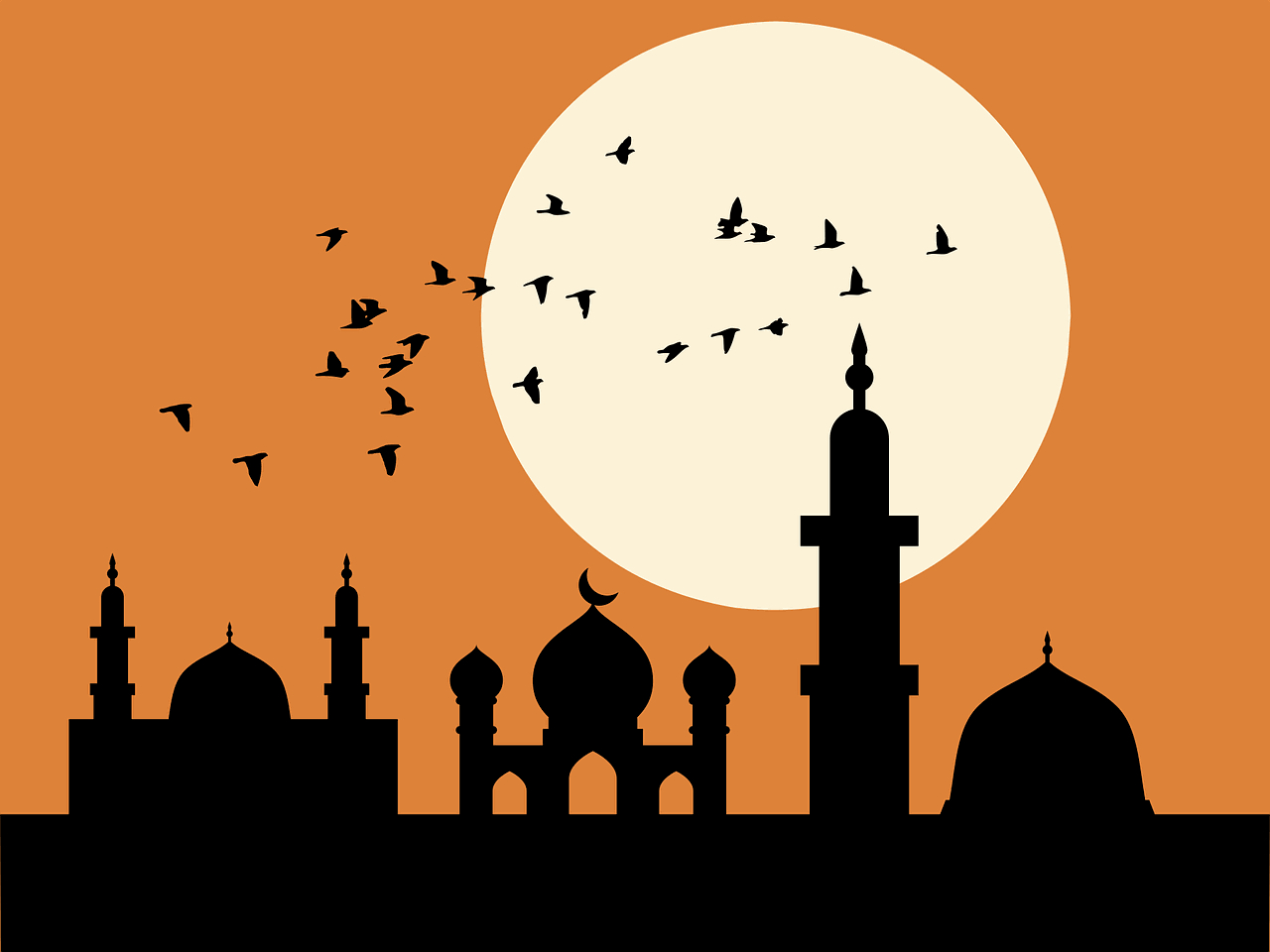Introduction.

Ramadan is derived from the Arabic root "ramida" or "ar-ramad,"
speaks of scorching heat and dryness. However, beyond its literal connection to discomfort, this month weaves narrative of profound spiritual reflection, self-discovery.
It is a scared month in the Islamic calendar, brings about profound changes in the lives of millions of Muslims worldwide. Spanning 29 or 30 days, this period is characterized by spiritual reflection, self-discipline, and a heightened sense of devotion that leaves an enduring impact.
Spiritual Contemplation and Self-Control:
At the heart of Ramadan is the practice of fasting from dawn to sunset. Beyond abstaining from food and drink, it prompts believers to exercise restraint in negative behaviors, such as gossip, anger, and impatience. The focus shifts towards spiritual introspection and self-control, fostering a sense of mastery over one’s actions and nurturing inner tranquility.
Community Bonds and Unity:
Ramadan serves as a catalyst for communal unity. Muslims come together for iftar, the evening meal that breaks their fast, sharing this experience with family, friends, and neighbors. This communal gathering promotes a sense of community and solidarity, dismantling barriers and fostering understanding among diverse individuals.
Acts of Kindness and Charity Amplified:
Charity, or zakat, is a foundational tenet of Islam. During Ramadan, there is a heightened emphasis on acts of kindness and philanthropy. Muslims are encouraged to give generously to those in need, reinforcing the principle of helping others and fostering a sense of social responsibility. This spirit of giving extends beyond financial contributions, encompassing acts of service and support for the less fortunate.
Deepened Spiritual Connectivity:
The nights of Ramadan, particularly Laylat al-Qadr, the Night of Power, hold special significance, believed to be when the Quran was first revealed to Prophet Muhammad. Increased prayers during this period seek to establish a profound spiritual connection with Allah. This intensified focus on worship and contemplation allows individuals to strengthen their faith, find solace in prayer, and deepen their understanding of their religious beliefs.
Embracing Healthier Lifestyles:
The physical aspect of fasting encourages positive lifestyle changes. Muslims become mindful of their eating habits, opting for nutritious and balanced meals during iftar and suhoor (pre-dawn meal). This emphasis on healthier dietary choices can lead to enduring lifestyle improvements, promoting a balanced and wholesome way of living even beyond the conclusion of Ramadan.
Time Management and Prioritization Skills:
The commitment to prayer, reflection, and fasting necessitates a structured schedule, cultivating discipline and time management skills that can prove beneficial beyond the month of Ramadan.
Ramadan stands as a transformative month,
leaving a lasting impact that extends beyond religious observance. From spiritual growth and community unity to acts of kindness and improved self-discipline, the effects of Ramadan resonate within individuals and the broader community. As Muslims engage in fasting, prayer, and charitable activities, the sacred month of Ramadan creates a positive and enduring influence on the lives of those who observe its rituls.As Muslims engage in fasting, prayer, and charitable activities, the sacred month of Ramadan creates a positive and enduring influence on the lives of those who observe its rituls.




You must be logged in to post a comment.